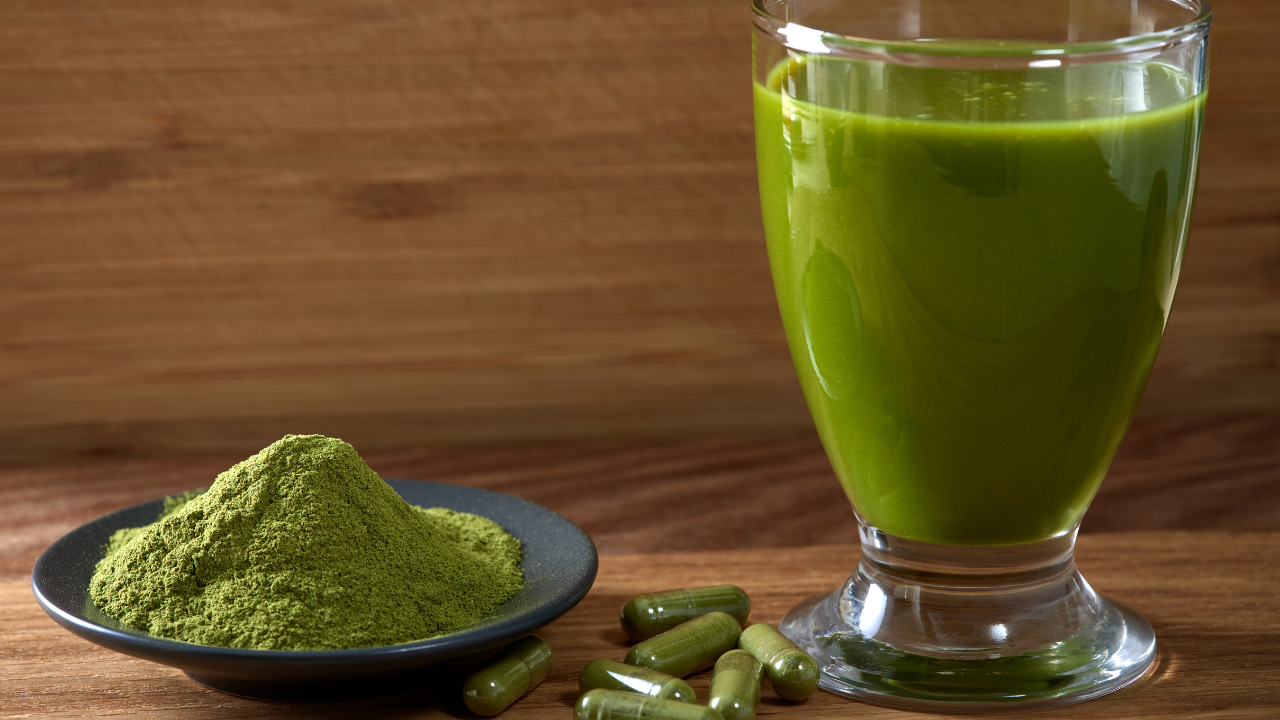Diabetes has emerged as a prevalent global health concern, affecting millions worldwide. Amidst the pursuit of solutions, nature offers an array of remarkable remedies, one of which is Moringa oleifera. This plant, celebrated for its diverse nutrient profile and historical significance in traditional medicine, holds immense promise in combating various health issues, including diabetes. In this article, we delve into the exceptional properties of Moringa and its substantial role in preventing diabetes.
What is Moringa?
Moringa oleifera, often referred to as the “Miracle Tree,” is native to the Indian subcontinent and has a rich history deeply entrenched in Ayurveda, the ancient system of natural healing. This tree is esteemed for its leaves, pods, flowers, and seeds, all of which offer an abundance of essential nutrients, including vitamins, minerals, and antioxidants. Its use spans centuries, acknowledged for its therapeutic properties and contributions to overall wellness.
Understanding Diabetes
Diabetes, a chronic condition characterized by elevated blood sugar levels, comes in different forms—Type 1, Type 2, and gestational diabetes. Lifestyle factors, genetics, and environmental influences play pivotal roles in its onset. To counter this escalating health issue, the importance of lifestyle modifications and natural remedies, like Moringa, cannot be overstated. Moringa’s potential in managing diabetes lies in its unique composition.
The Link between Moringa and Diabetes Prevention
Moringa possesses a rich reservoir of antioxidants, including quercetin and chlorogenic acid, which aid in regulating blood sugar levels and reducing oxidative stress. Scientific studies have highlighted Moringa’s ability to manage blood glucose levels, contributing to the prevention and management of diabetes. Additionally, its abundance of vitamins and nutrients, such as vitamin C, E, and B-complex, contribute significantly to improving overall health and potentially mitigating diabetic symptoms.
Benefits of Moringa in Preventing Diabetes
Moringa demonstrates prowess in regulating blood sugar levels through compounds like isothiocyanates, supporting a balanced glucose state within the body. Furthermore, its anti-inflammatory and antioxidant properties play a crucial role in reducing the risk of developing diabetes and its associated complications. Studies suggest that Moringa aids in enhancing insulin secretion and improving insulin sensitivity, key factors in managing diabetes effectively.
Ways to Incorporate Moringa into Your Diet
There are various simple and practical ways to include Moringa in daily meals. Adding Moringa powder to smoothies, incorporating it into salads, or infusing it into teas are versatile ways to benefit from its nutritional value. Here are a few recipes and suggestions to inspire the integration of Moringa into cooking, making it an accessible addition to your diet.
Other Health Benefits of Moringa
Apart from its impact on diabetes, Moringa offers a multitude of health benefits. Its immune-boosting properties, skin-enhancing nutrients, and overall wellness support make it a comprehensive natural supplement for a healthy lifestyle.
Precautions and Considerations
While Moringa presents a natural remedy, it’s important to exercise caution, especially for individuals on medication or with pre-existing health conditions. Potential side effects or interactions could occur, necessitating consultation with a healthcare professional before incorporating Moringa into your diet.
Conclusion
Moringa stands as more than just a trend; it’s a natural powerhouse teeming with potential in the prevention and management of diabetes. By embracing Moringa into your lifestyle, you’re not only accessing its myriad health benefits but also taking proactive steps toward a healthier future.





